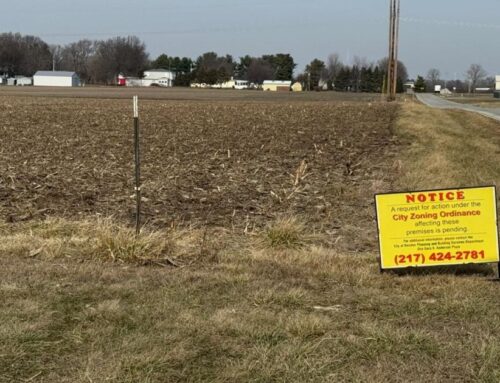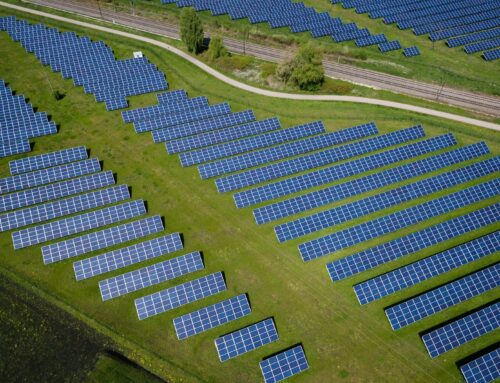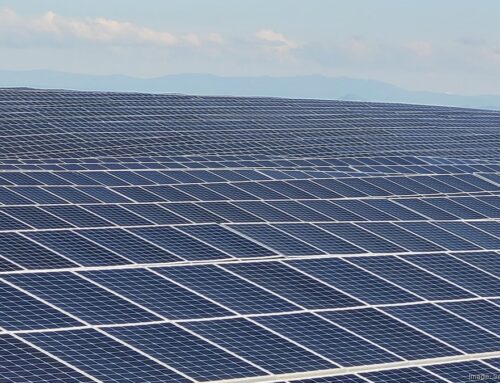Using environmental DNA to monitor The Gulf of Maine
June 11, 2025
PORTLAND, Maine (WMTW) – Think of it as the forensic science of the ocean. Scientists at the Gulf of Maine Research Institute are doing just that. eDNA stands for environmental DNA, which Sam Bengs at the Gulf of Maine Research Institute says, “Think of a fish swimming out in Casco Bay. They’re shedding scales, mucus, and excrement in the water as they move through. If we go and just collect a water sample, we can find any DNA material in that water and try to trace it back to that species.”
She explains that it is a positive alternative to deploying nets out in the Gulf of Maine, allowing a streamlined process that saves them time, research funds, as well as avoids stress to the marine environment, while still being able to track the movement of species ranging from fish to sharks.
It begins with a sample of water that goes into the lab and goes through a process of filtering in order to isolate the DNA.
“We’re on the boat collecting water, or we’re out hiking down the Presumpscot River, collecting water.”
Bengs describes the process as similar to forensic science, as fish share a unique genetic fingerprint that identifies them.
At this time, the process of collecting eDNA is used on top of traditional methods of deploying nets, and this is due to the variability in ocean water. When collecting eDNA, challenges are likely to arise when determining the origin of the water; therefore, at this time, it is used to validate net findings, adding an additional layer of confidence to their research.
Though the process of collecting eDNA samples on a smaller scale in lakes or streams has proven solid.
Bengs explains that the process is beneficial in circumstances “where sometimes you may not be able to put a net, an area where it’s hard to reach.” She adds that eDNA will continue to be a great tool for monitoring changes within our ecosystem, especially amid a changing climate, and will even assist the working waterfront, adding “[eDNA] is going to really help [fishermen] adapt and be able to grow with the changing Gulf of Maine.”
Copyright 2025 WABI. All rights reserved.
Search
RECENT PRESS RELEASES
Related Post




